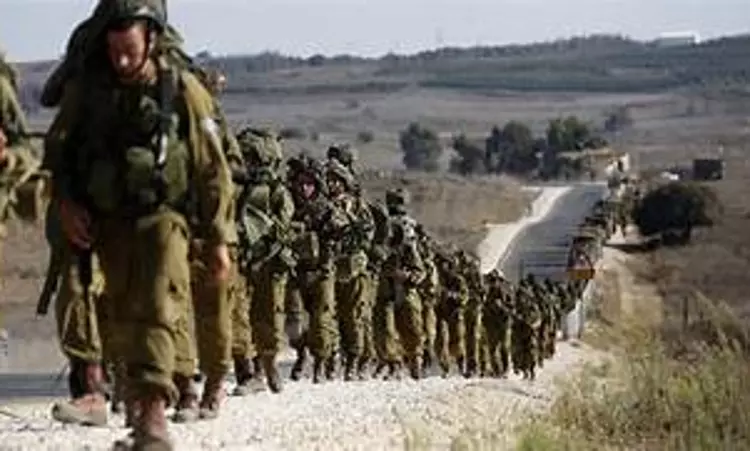UN Report: Israeli Actions In Gaza Conflict Raise Concerns Over Compliance with Laws of War
Rajesh Kumar
28 Jun 2024 5:30 PM IST

Next Story
28 Jun 2024 5:30 PM IST
A recent report by the United Nations-backed Independent International Commission of Inquiry on the Occupied Palestinian Territory has brought to light findings regarding the conduct of hostilities in Gaza. The report, presented to the UN Human Rights Council, outlines a series of allegations against Israeli forces during the recent conflict. The commission, chaired by Navi Pillay,...
